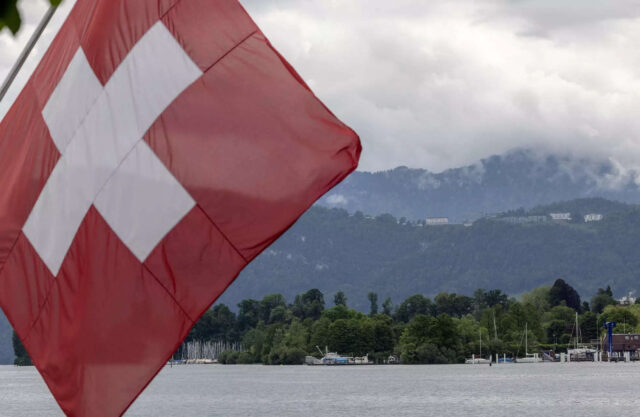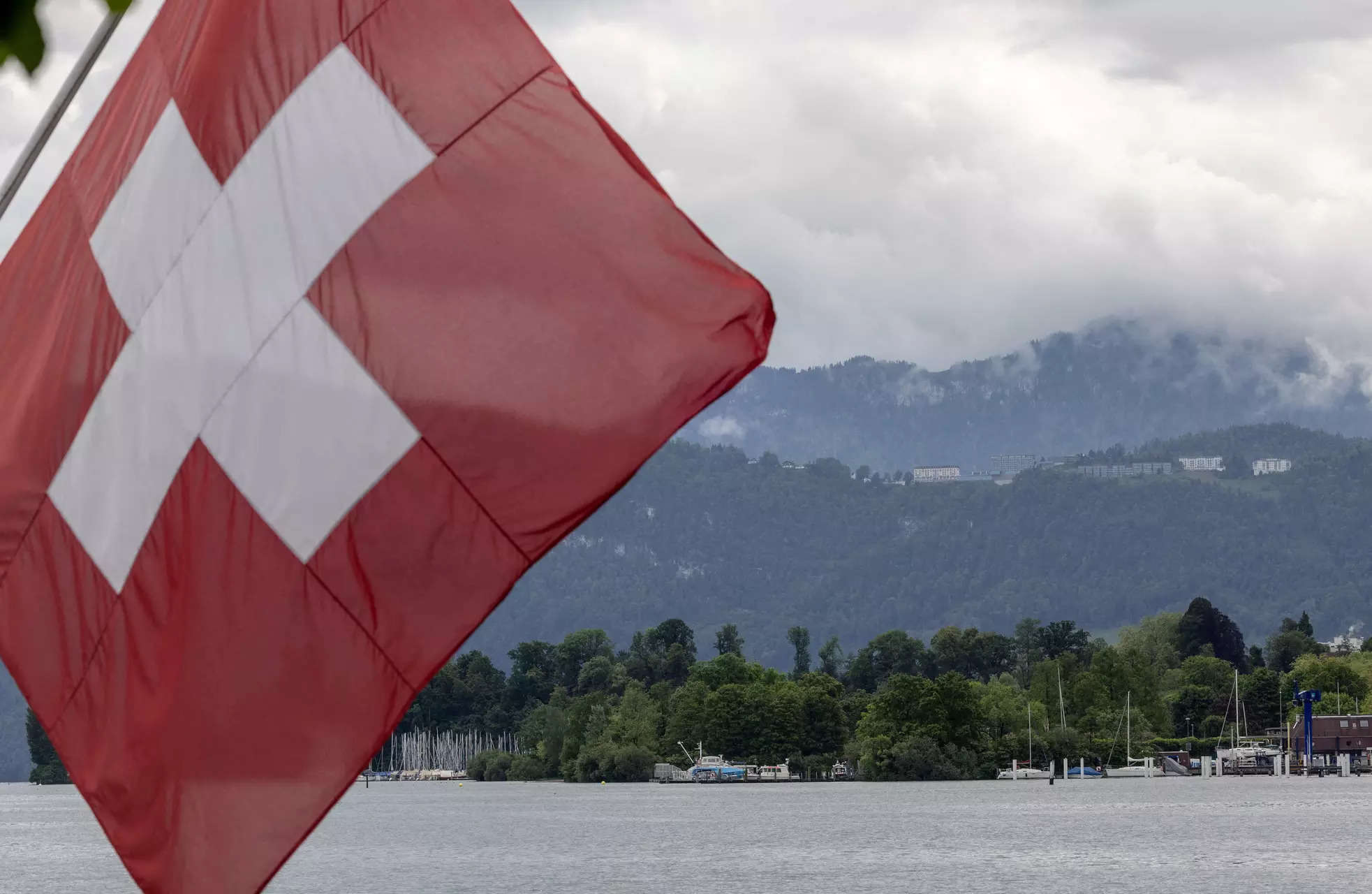
BERN: Nearly 90 countries and organizations, half from Europe, have confirmed attending the Swiss-hosted Ukraine peace summit over the weekend despite Russia‘s refusal to participate in the conference, Switzerland‘s president said Monday.
Viola Amherd told reporters in the Swiss capital that the summit, on Saturday and Sunday, will aim to chart a path toward possible peace nearly 28 months after Russian forces invaded Ukraine and the war grinding on.
“This is not propaganda,” said Amherd. “This is about the basis of humanitarian aid provided by Switzerland … and to initiate a dialogue.”
The Swiss president added that most participants – about half of which will be represented at the level of head of state or government – are country leaders, but “a handful” are from organizations like the United Nations.
Some, including French President Emmanuel Macron and German Chancellor Olaf Scholz, are expected to attend the summit at the Buergenstock resort overlooking Lake Lucerne.
About 160 invitations have been sent out and Amherd said it was not a “disappointment” for the Swiss government that fewer than 100 have so far announced participation in the first phase of the peace process.
Swiss authorities said the final list of participants was expected by Friday, but key developing countries like Turkey, South Africa and Brazil haven’t indicated whether they would attend. India they said, will take part but it isn’t clear at which level.
Brazil and China said they wouldn’t take part unless both sides – including Russia – were at the table, according to Swiss officials. Beijing has been one of the top supporters of Russian President Vladimir Putin since the war started.
Foreign Minister Ignazio Cassis also addressed reporters, saying Switzerland has repeatedly acknowledged that there cannot be a peace process without Russia. “The question is not whether Russia will be on board, the question is when.”
He also said Switzerland is in frequent contact with authorities in Moscow about the conference.
Ukraine has helped coordinate the summit, and President Volodymyr Zelenskyy is expected to attend. Cassis said Swiss officials had to balance considerations that Ukraine might not have attended if Russia was represented.
Swiss officials say the conference aims to set a course toward “lasting peace” in Ukraine, to reach a “common understanding” toward getting there, and draw up the “roadmap” on how to get both sides involved in talks. Nuclear security, humanitarian aid and food security are also on the summit’s agenda.
As many as 4,000 military personnel will be deployed to provide security and support air transportation, surveillance and roll out security fencing and steel wire for the event, officials said, adding that an increase in cyberattacks in the run-up to the summit was noted, but didn’t provide details.
Viola Amherd told reporters in the Swiss capital that the summit, on Saturday and Sunday, will aim to chart a path toward possible peace nearly 28 months after Russian forces invaded Ukraine and the war grinding on.
“This is not propaganda,” said Amherd. “This is about the basis of humanitarian aid provided by Switzerland … and to initiate a dialogue.”
The Swiss president added that most participants – about half of which will be represented at the level of head of state or government – are country leaders, but “a handful” are from organizations like the United Nations.
Some, including French President Emmanuel Macron and German Chancellor Olaf Scholz, are expected to attend the summit at the Buergenstock resort overlooking Lake Lucerne.
About 160 invitations have been sent out and Amherd said it was not a “disappointment” for the Swiss government that fewer than 100 have so far announced participation in the first phase of the peace process.
Swiss authorities said the final list of participants was expected by Friday, but key developing countries like Turkey, South Africa and Brazil haven’t indicated whether they would attend. India they said, will take part but it isn’t clear at which level.
Brazil and China said they wouldn’t take part unless both sides – including Russia – were at the table, according to Swiss officials. Beijing has been one of the top supporters of Russian President Vladimir Putin since the war started.
Foreign Minister Ignazio Cassis also addressed reporters, saying Switzerland has repeatedly acknowledged that there cannot be a peace process without Russia. “The question is not whether Russia will be on board, the question is when.”
He also said Switzerland is in frequent contact with authorities in Moscow about the conference.
Ukraine has helped coordinate the summit, and President Volodymyr Zelenskyy is expected to attend. Cassis said Swiss officials had to balance considerations that Ukraine might not have attended if Russia was represented.
Swiss officials say the conference aims to set a course toward “lasting peace” in Ukraine, to reach a “common understanding” toward getting there, and draw up the “roadmap” on how to get both sides involved in talks. Nuclear security, humanitarian aid and food security are also on the summit’s agenda.
As many as 4,000 military personnel will be deployed to provide security and support air transportation, surveillance and roll out security fencing and steel wire for the event, officials said, adding that an increase in cyberattacks in the run-up to the summit was noted, but didn’t provide details.




































